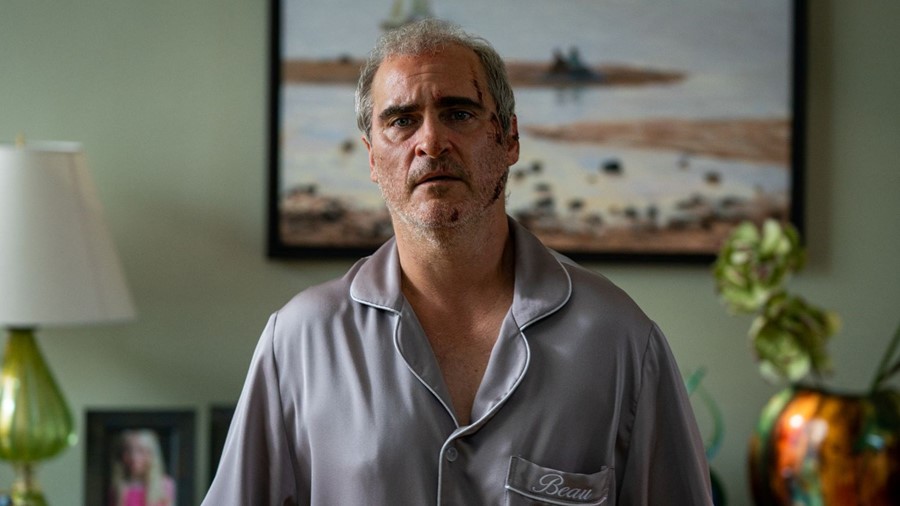From Ari Aster’s nightmarish odyssey Beau Is Afraid to Paul Schrader’s Master Gardener, here are the films to add to your watchlist this month
Beau Is Afraid
What kind of film is Beau Is Afraid? Wikipedia describes it as a “surrealist black tragicomedy horror”, which is another way of saying they have no idea. Director Ari Aster described it mischievously as a Jewish Lord of the Rings – but perhaps the sanest thing we could say is that, at three hours long and $35 million in the making, it’s an eye-wateringly expensive form of therapy.
In Hereditary and Midsommar, Aster put some of the most memorable – and accursed – images of the last ten years up on screen, and he gives us several more in Beau Is Afraid: it’s just a shame we have to wade through the rest of the film to get there. It’s a bizarre tonal mishmash that’s perhaps best described as a sort of nightmare odyssey in which a mentally unstable man, Beau Wasserman, tries to get back to his mum. To do so, he must stumble his way through a hostile landscape where malicious extras lie in wait, like heavies from an old beat-’em up video game.
That man is played by Joaquin Phoenix with a thinning cloud of cigarette-ash grey hair, his voice high and reedy, his face a watched pot of spilling-over anxiety. In one great early set piece, Beau tries to make it over the road to a corner shop to buy a bottle of water (to wash down the pills, of course). As soon as he leaves the front door, he is confronted by an army of tattooed crazies, dead bodies and semi-naked men in denim cutoffs dancing to Cuban jazz. Such is the nightmare world Beau inhabits. He’s a man whose insides are all on the outside, but as a character he’s more of a cipher than anything else, and Phoenix’s performance ultimately feels a bit mannered and flat.
Aster folds themes of guilt, exile and trauma into the mix, devising an extended dream sequence that plays like an Old Testament Charlie Kaufman. Trauma’s power as an agent of change is fast becoming Aster’s defining theme as a director, but there’s little here with the sheer nihilistic wallop of the opening scene of Midsommar, and he struggles to find an emotional throughline that might have given the episodic plot room to breathe.
He does, however, succeed in pulling some great moments from out of the fire, including a flashback scene with his mum that’ll crawl right under your skin, and another we’ll just call ’the Man on the Ceiling’ and leave it at that. None of which is enough to save Beau Is Afraid from ranking as a serious misfire, but it is enough to remind you of Aster’s prodigious talent as a filmmaker.
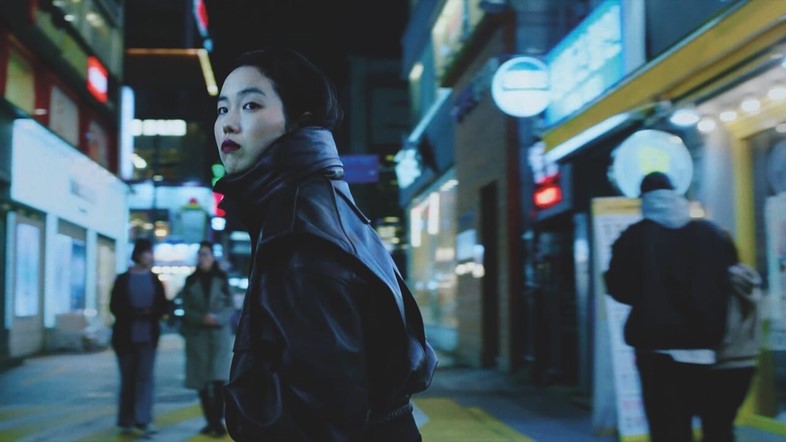
Return to Seoul
Ji-Min Park burns up the screen in Return to Seoul, an adoption drama about headstrong Frenchwoman Freddie, who fies to Korea to track down her biological parents. The first-time actress has a loose-cannon energy that lights up many of the film’s best moemnts, including a great early drinking scene where she bulldozes through traditional Korean etiquette to get a room full of strangers totally hammered. And if the film loses a little of its early spark when it delves into more emotional territory, it remains an excellent character study anchored by a soulful central performance and some gorgeous photography, suffused in brooding pinks and purples that reflect its lead’s bruised interior landscape.
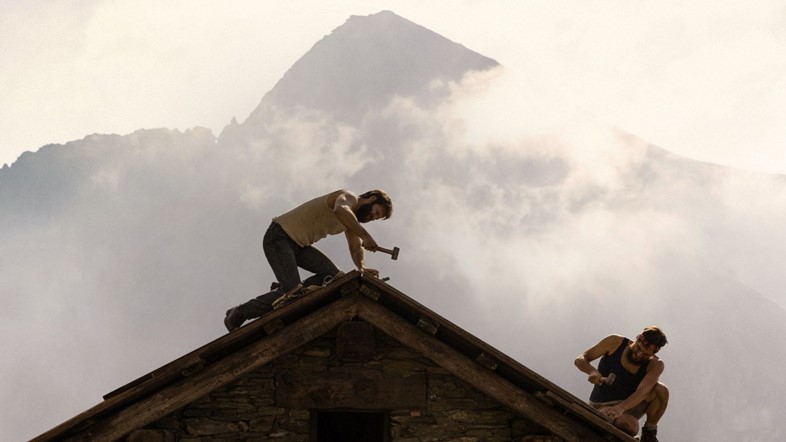
The Eight Mountains
In this affecting Alpine drama from Felix van Groeningen and Charlotte Vandermeersch, town-mouse Pietro meets montanero kid Bruno while on holiday in the Italian Alps with his parents. The pair become close, but soon lose touch as childhood friends are wont to do. Years later, they reconnect after the death of Pietro’s estranged father, Giovanni, who left him a plot of land up in the hills which Bruno, unbeknownst to his friend, had promised Giovanni he would build a house on. Heartfelt but unsentimental, Groeningen and Vandermeersch’s film is a warm bear-hug of a film with a lot to say about men – their need for companionship, their special talent for loneliness – whose company you’ll never want to leave.
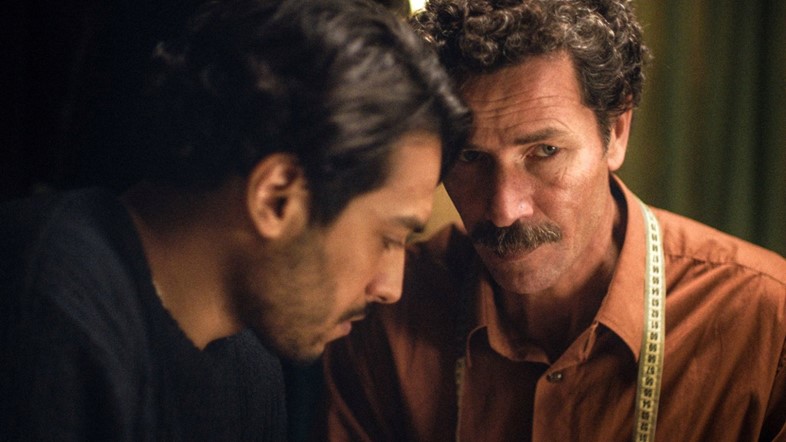
The Blue Caftan
Mina and Halim run a caftan store in the medina of Salé, Morocco and enjoy a happy marriage, except for one inconvenient detail – Halim is gay, a fact they have learned to negotiate through a complex system of meaningful glances and coded exchanges. But when a handsome young man, Youssef, shows up as their new assistant, their relationship is tested to the limit. Maryam Touzani’s drama is elegant and restrained, treating its characters with the same tenderness and respect that Halim, a master craftsman, treats his fabrics with. It’s also a terrific showcase for its two leads, Saleh Bakri – son of Israeli film icon Mohammad Bakri – and Lubna Azabal, another master of her craft whom Denis Villeneuve fans may remember as the star of his 2010 breakout Incendies.
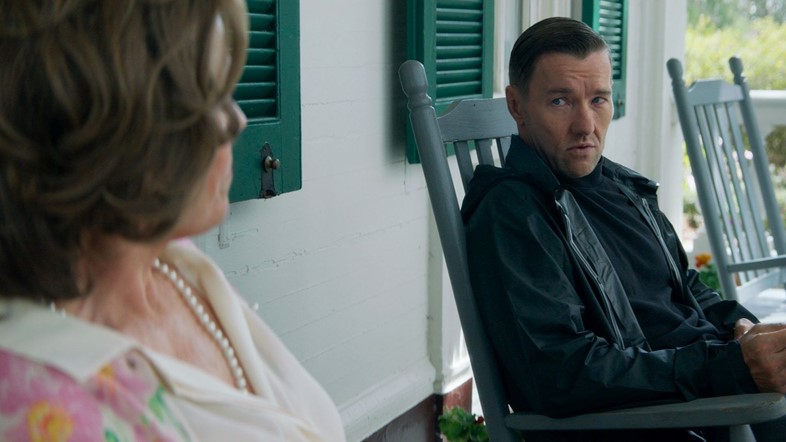
Master Gardener
Paul Schrader’s new film is the last in a loose trilogy begun with 2017’s late-career peak First Reformed and continued with The Card Counter (2021), and it’s another study in male solitude steeped in the madness of 21st-century American life. The plot concerns horticulturalist Narvel Roth (the reliably excellent Joel Edgerton), who takes a new apprentice under his wing at the behest of his employer, Mrs Haverhill (Sigourney Weaver). But when Roth begins to fall for his young charge, troubled 20-something Maya (Quintessa Swindell), dark secrets about his past threaten to unravel. It’s testament to the great Taxi Driver scribe’s skills as a dramatist that he’s able to present us with these premises that teeter on the edge of absurdity and reel us in regardless, and Master Gardener is no exception, wearing its wracked existentialist heart on its sleeve in a way that’s so unfashionable you kind of have to love it, odd stagey dialogue and all.
